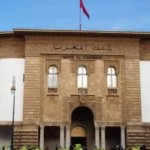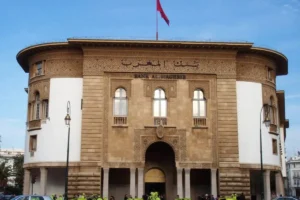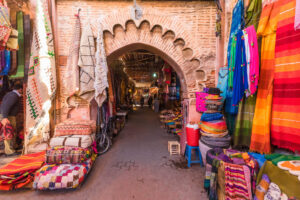The projected wheat output remains below historic averages due to the prolonged impact of the recent dry spells.
Rabat – Morocco is gearing up for a significant boost in wheat and barley production, with a forecasted increase of 62% in the 2023-24 marketing year compared to the previous season.
The positive outlook follows the end of a prolonged drought that gripped the country’s agricultural sector.
Morocco is expected to produce approximately 3 million tonnes of common wheat, 1 million tonnes of durum wheat, and 1.3 million tonnes of barley during the upcoming year, according to data from the Global Agricultural Information Network, published by the Foreign Agricultural Service (FAS) of the US Department of Agriculture.
While the figures indicate a significant improvement from the drought-stricken years, the projected wheat output is still below historic averages due to the prolonged impact of the recent dry spells.
Recognizing the importance of revitalizing the agricultural sector, the Moroccan government has recently introduced various measures to support domestic agriculture.
On May 31, the government decided to halt its common wheat import support program, as prices declined with the arrival of the new world wheat crop and other factors alleviating inflationary pressures.
Import duties on wheat and barley will also remain scrapped until the end of 2023 to encourage stock building and ensure sufficient supplies in the market.
In a bid to mitigate the adverse effects of drought on the agricultural sector, the government launched a comprehensive plan in June, allocating a substantial $1 billion budget.
The initiative aims to support the importation of barley and dairy cattle feed through a subsidy program which will receive half of the allocated funds.
Approximately $400 million will be utilized to aid farmers with the purchase and distribution of inputs, while the remaining $100 million will be dedicated to enhancing Credit Agricole and improving farmers’ access to financing, as outlined by the FAS.
The measures are expected to provide a much-needed boost to Morocco’s agricultural industry, safeguarding food security and strengthening the economy. With the increase in wheat and barley production, the country will be able to reduce its reliance on imports and enhance its self-sufficiency in staple grains.
The FAS report highlighted the significant progress the Moroccan government made to support its farmers and revitalize the agricultural sector. However, it also emphasized the need for sustained efforts and long-term strategies to ensure resilience against future droughts and climate-related challenges.
Source : Morocco World News
















